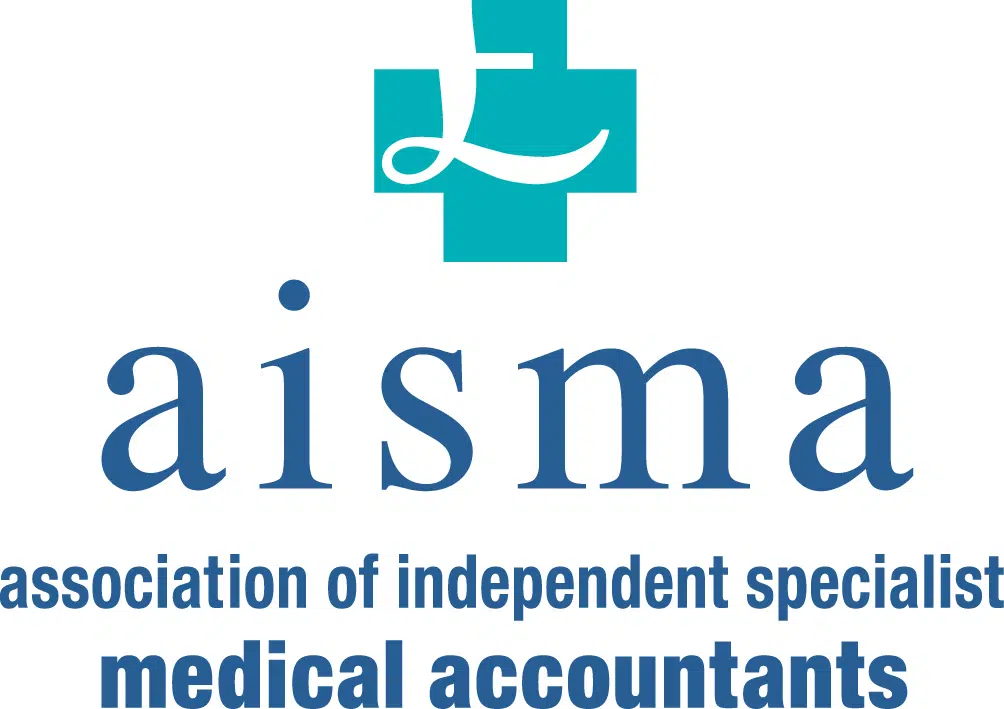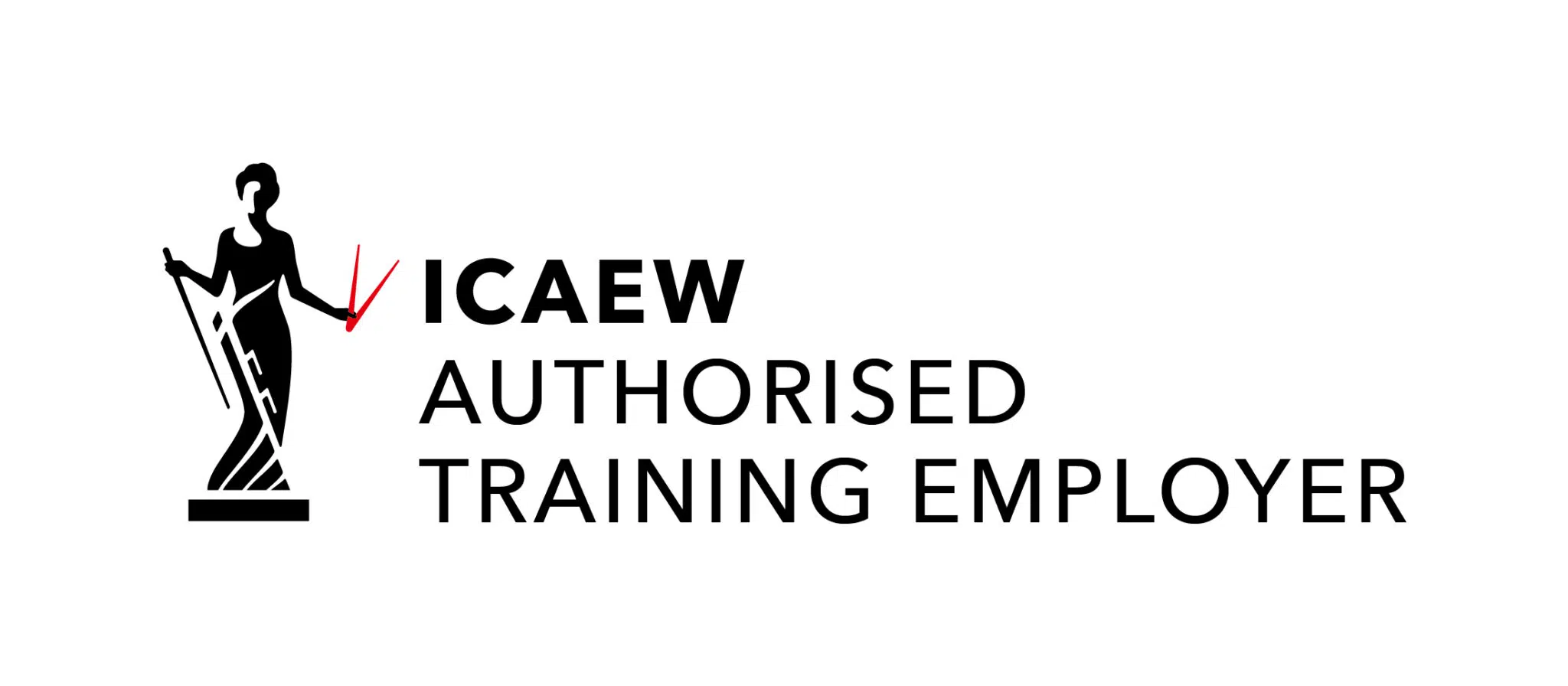Don’t miss key December deadline
Published: 8th December 2022
January is the busiest month for tax return filings each year – more than half a million returns were filed on 31 January 2022 alone. This is, of course, the standard filing deadline for electronic returns. The pandemic saw extensions to this in recent years, but this is unlikely for the 2021/22 returns. So, why might 30 December be relevant to you?
If you have income that is taxed via PAYE, and you have a tax liability that doesn’t exceed £3,000, you can request that HMRC recovers this via your PAYE code instead of in one lump sum on 31 January. However, for this to be an option you must file your return by no later than 30 December following the end of the tax year. So, for 2021/22 you only have until the end of the month. Your code for 2023/24 will then be amended to collect the additional amount. This will also avoid you been pulled into the payments on account regime, and all in all is a very useful option given the current strain on finances.
If you miss the deadline you won’t get a penalty, but you will not be able to utilise the PAYE option. If you then can’t make your payment by 31 January you will need to agree a time-to-pay arrangement with HMRC, but interest will be payable – unlike using the PAYE code method.












